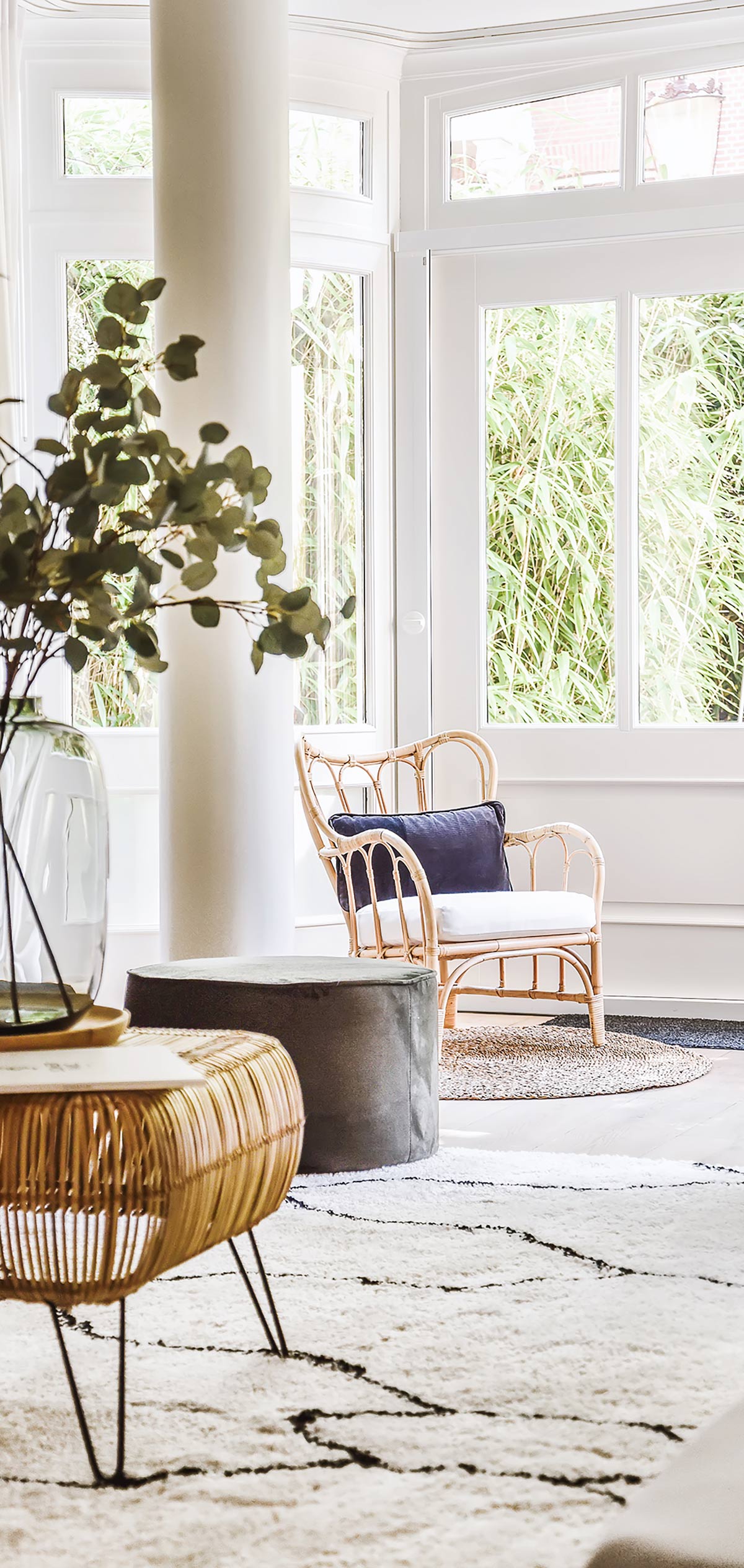Following part 1 of this series (Energetic, enthusiastic, enlightened), K2 Brazil’s Country Manager, Patricia Tavares, had an indepth discussion on relocation challenges throughout Latin America.
This insight gives you an exclusive peek behind the curtain at the real-life scenarios faced by Global Mobility Specialists in LATAM. We’d like to give credit to BAT, Heineken®, Nubank, and Milicom, who all joined us for the discussion, sharing their personal experiences of the trials and tribulations of the world of relocation.
Part two of two.

Housing
Aside from immigration, securing long-term housing is the most difficult part of the relocation process. Transferee expectations are often extremely high, and it can be difficult to meet their demands, particularly in a challenging market.
Setting expectations. When a transferee accepts an assignment, they don’t always do proper research into their new location, and often have romanticised views. This is where global mobility specialists need to push transferees to take cultural training as soon as possible for a realistic view of their new life. Transferees will often discuss packages with other expats, which can be problematic if the packages widely differ in scope.
Brokers. Dealing with brokers in any location can be challenging, but our attendees found Brazil to be particularly difficult. Prices are not always transparent, with hidden costs coming to light later down the line. Conditions of the houses are not always explained upfront, and photos are outdated. It is up to the Destination Services Provider/ Global Mobility specialist to reinforce broker culture to the transferee and align their expectations.
- Case study – In Rio, a transferee in a beachfront apartment, the outside of the house had problems due to weather conditions. The landlord attempted to blame the transferee for the damage and get them to repair the exterior. It was only once the relocation company threatened an attorney that the landlord dropped the charges.
Household goods
Finally, household goods shipments bring about a whole plethora of new challenges for a Global Mobility Specialist, which are often, as like the other services, completely unavoidable due to shipping channel delays and customs checks.
Unavoidable delays. The shipment of goods is largely out of the hands of the GM specialist. Once the goods are packed and in shipment, there is little that can be done to counteract delays. If customs checks take place and goods are x-rayed, further delays should be expected. Compared to other regions, LATAM doesn’t experience a huge amount of delayed goods, but expectations must be set correctly for when this does occur, for example, the Panama channel closing during covid.
Setting expectations. The first step in the expectation setting process is getting the transferee to understand that without a visa in place (step 1) and without a fixed address (step 2-3), goods cannot be shipped. The HHG process must then be clearly outlined for the transferee and their spouse (if applicable) so they have a complete understanding on timeframes. It is up to the GM specialist to keep the transferee updated with all changes – often, we have insight that they don’t!
The key takeaway across all parts of the relocation process is the need for expectation management, for the transferee and family, and the business as a whole!

Join, share & learn.
After the success of the small group discussion, we’d like to open this out to a wider audience, connecting some of the top experts in the field. If you’re interested in joining our LATAM Virtual Roundtable sharing your experiences & learning from the experience of others, please reach out to Patricia Tavares today: patricia.tavares@k2corporatemobility.com

